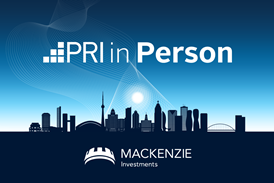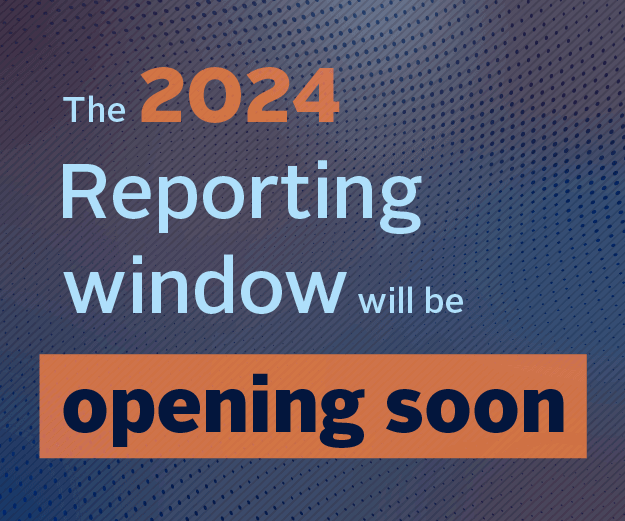Case study by GIPF
The Government Institutions Pension Fund of Namibia (GIPF) invests in PE funds in Namibia, the rest of Africa and in developed markets, with the majority of its PE allocation to funds in its home market, which is in accordance with regulatory requirements. These investments are typically first-time funds where GIPF acts as the sole investor.
For these domestic investments, GIPF undertakes a review process for all drawdown requests submitted by first-time funds before honouring the capital call. An independent special-purpose vehicle governing board, comprising independents and GP representatives, approves the transaction before the GIPF review takes place, ensuring GIPF’s limited liability status remains intact.
The GIPF reviews operate within the agreed timeline of the capital call and cover: fund compliance; ESG considerations; mandate fit and investment rationale; integrity checks on promoters; capital structure, valuation methods and exit plans; development impacts; and procurement and supply chain management. If GIPF is not satisfied with the drawdown request for reasons related to any of these areas, it may request more information or a meeting with the GP to better understand the investment.
This rigorous process has been put in place due to previous governance failures in GIPF’s unlisted asset portfolio. The Namibian market is small and is characterised by a relatively small number of deals; by chasing these deals, GPs can distort valuations and deviate from their investment strategy. However, given that GIPF represents about 85% of the pension fund industry in Namibia, it is in a strong position to maintain alignment of interest, and to insist upon high standards of governance. GIPF has strengthened the governance of its PE portfolio by appointing independent trustees and by implementing a rigorous monitoring system that acts as a balancing mechanism for the Namibian PE sector.
ESG considerations are therefore factored into the monitoring of target investments. Furthermore, GIPF also incorporates ESG issues into all of its GP due diligence and monitoring processes. Monitoring includes the use of an ESG template for quarterly reporting (which contributes to GIPF’s integrated reporting on its investments through its annual financial statement), unplanned visits to GPs and underlying portfolio companies, and quarterly meetings with GPs to review their reports on existing investments, exit opportunities, and follow-on and co-investments, etc.
Download the full report
-

ESG monitoring, reporting and dialogue in private equity
June 2018
ESG monitoring, reporting and dialogue in private equity
- 1
- 2
- 3
- 4
- 5
- 6
- 7
- 8
- 9
- 10
- 11
- 12
- 13
 Currently reading
Currently readingCase study: GIPF

























